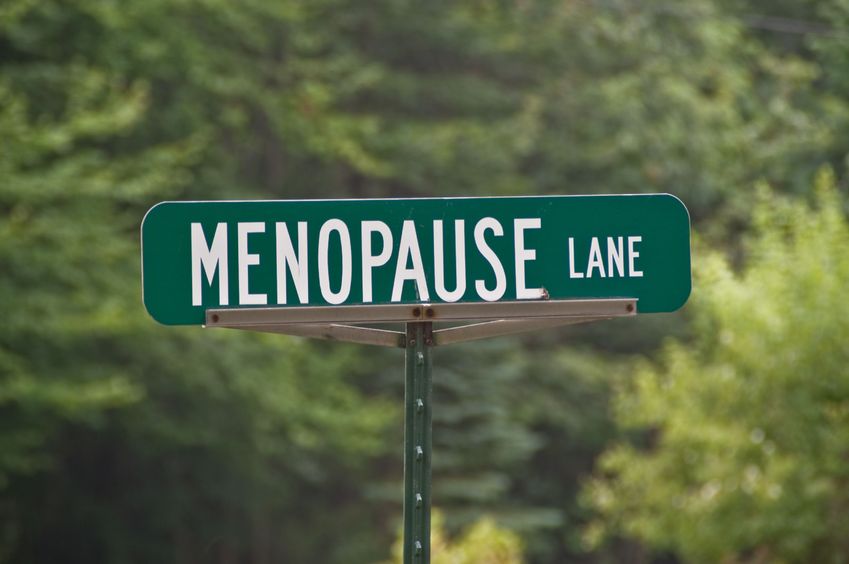Hot flashes, night sweats and poor sleep are all associated with menopause. However, researchers at the Perelman School of Medicine at the University of Pennsylvania found that having trouble sleeping during your late 30s and 40s, makes you 3 times more likely to experience sleep problems during menopause. As the first study to track long-term sleep patterns of women before, during, and after menopause, the mystery of poor shut-eye during this phase of life is one step closer to being solved.
For women, maintaining a good relationship with sleep requires overcoming plenty of unique challenges, including menopause. While this phase in life is automatically classified as a sleep disruptor, this new research suggests that menopause isn’t the cause of sleep woes.
While studying the annual sleep patterns of 255 women (ages 35-48 at the beginning of enrollment) during a 16-year period, it was found that only 25% of women who didn’t have any sleep problems at the beginning of the study, experienced sleep disturbances or developed insomnia around the time of menopause.
“Our study raises the question of why a significant increase in poor sleep should surface for a group of women who experienced only mild sleep problems earlier, but not among women who had moderate or severe sleep problems,” said lead study author Dr. Ellen W. Freeman. “This is an area for future study and many potential factors should be considered, such as hormone fluctuations or changes, stress, anxiety, relationships, life events and health problems.”
More details regarding the long term study can be found in the journal Menopause.
While it can be tricky to collect your much needed 7-9 hours of shut-eye during menopause, we’ve got some sleep tips to help increase your chances of success! Click here to learn how win the battle against menopause for better snooze!


No comments yet.